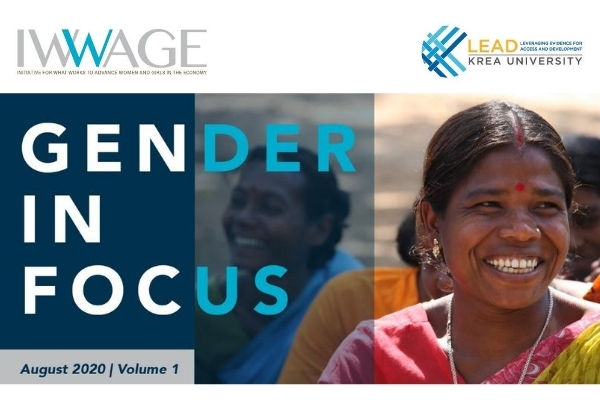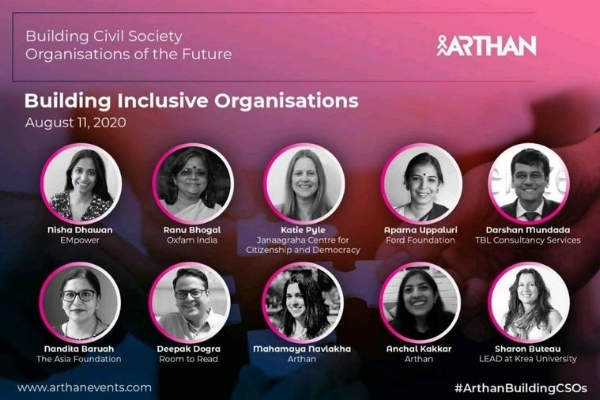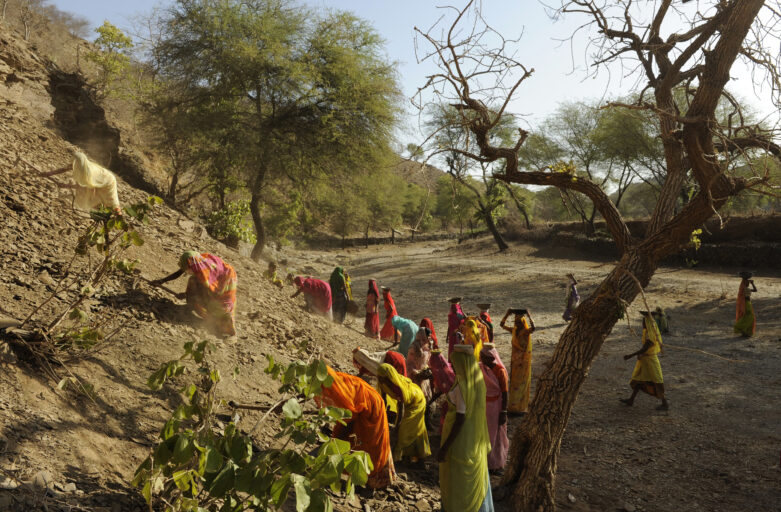IWWAGE, an initiative of LEAD at Krea University, launched the first edition of its quarterly Magazine, Gender in Focus. The digital magazine showcases IWWAGE’s work in the intervention, research and advocacy space around key issues emerging as challenges for women’s economic empowerment in India. Gender in Focus presents a teaser of some of the work that IWWAGE is involved in, to address some of these challenges and in capturing best practices.
The inaugural issue brought voices from the field based on open-ended discussions held with our partner civil society organisations in four states, on how women and their groups have been affected by the pandemic and the lockdown. In addition, the issue provides snapshots of webinars conducted around the theme of COVID-19 and its impacts on women in different domains, and presents a new series of policy notes, to provide timely and actionable recommendations so that policies or programmes announced by governments help build not only a more resilient, but a gender responsive world post COVID. Besides the emphasis on COVID, this Gender in Focus issue presents summaries of the other exciting work that IWWAGE has been engaged in, such as, unpacking state-wise trends in labour force participation in India, the sectors that women work in and wage gaps; a new policy and programme series (also at the state level) to map what programmes exist and are targeted at women, and their effectiveness; women’s engagement with the gig economy and the precariousness they face while engaging with such platforms; and digital solutions that IWWAGE is working on with its tech partners in helping women gain information about their rights and entitlements. Gender in Focus can be downloaded from the website with this link- Gender in Focus.


